Parental Communication Remains Essential After Kids Leave The Nest
Many American parents are accustomed to frequent conversation with their children in their late teens and early 20s, yet a parent may feel her or his conversation with the child is entirely one-directional — calls, texts, and personal messages are rarely returned.
December 12, 2016
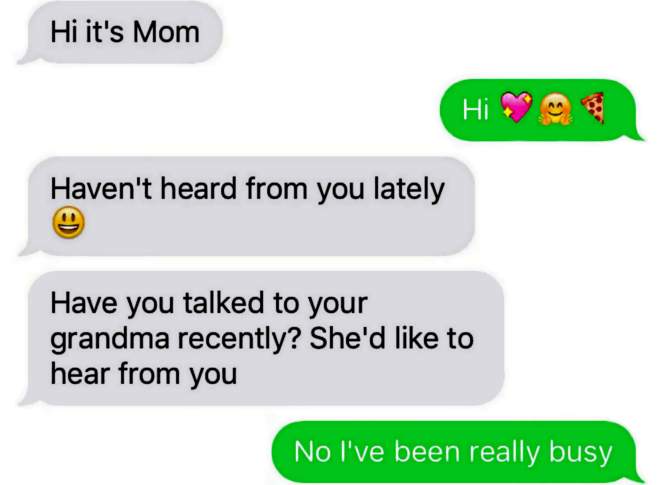
Screenshot of text conversation between a parent and child

Many American parents are accustomed to frequent conversation with their children in their late teens and early 20s. Parents and teens “friend” each other on social media. Texts fly back and forth even when the teen is in class or the parent in a meeting.
Even after teens leave home for college, a high level of communication continues — the average college student living away from home communicates with her or his parents 13 times per week. First generation and Hispanic college students communicate with their families even more frequently. Yet many parents wish they could communicate with their children more often. A parent may feel her or his conversation with the child is entirely one-directional — calls, texts, and personal messages are rarely returned.
While parents may want longer and more frequent contact with their children, too much communication can undermine the college experience and minimize a young adult’s ability to make healthy, future-oriented choices on their own. This type of interaction can be especially problematic when parents take on academic responsibilities for their children. One of the major developmental tasks for older adolescents and young adults is to successfully navigate the world of responsibilities and relationships separately from their parents.
Parents should rest assured they are still needed, though. Impulse control and planning abilities continue to develop through the early 20s, and so adolescents do still benefit from regular contact with parents to help and guide them.
How can parents and their young adult children develop a healthy communication balance? And how can parents encourage more communication when it feels as if their teens are shutting them out? Whether a child is in high school or has already left home, parents can use several tactics to keep the communication lines open.
- Start early and practice. Parents should practice the kind of communication they value long before children leave home. A family should have house rules for technology that everyone (including parents) follows. For instance, no phones at meals. Parents should reiterate that they expect these house rules to continue when children come home to visit. If communication is the parental norm, continuing this practice after leaving home may be an easier habit to keep.
- Set a game plan and be clear about expectations. Ideally, parents should have a conversation about communication before children leave for college or to work. How often do they expect to talk? What is the best method for communicating? This conversation should be two-way and covering expectations for the parent and child. Parents should try to avoid negative emotions and shaming. Instead, this conversation should be used as an opportunity to process why expectations about communication matter and what would make everyone feel valued. Parents and children should be sure to talk about what’s working and what’s not throughout their child’s late teens and early 20s — holidays or summer break might be opportunities to revisit expectations or perhaps state them explicitly for the first time.
- Be sensitive. Parents should be aware of and talk about their style of communication and the child’s preferred approach. For example, an older adult might preface many phone calls with the phrase “I talk faster than I type.” And he or she may have had to learn that their adult children might be in situations where they cannot answer the phone or don’t have much time, and so text back with a better time to talk. Many adolescents are uncomfortable with talking on the phone but love to interact via other forms of communication. A young adult is probably communicating with old and new friends on social media platforms and checking these regularly. Many of these platforms have direct messaging options so the conversations are not public, and goofy photos can even be exchanged.
- Get the most out of one-way communication. If a child still rarely responds to calls or texts, don’t take the non-response personally. Remember after leaving home, young adults are adjusting to a new life and all the new responsibilities, extracurricular activities, and social engagements do not leave them with a lot of leftover time. Parents can send texts that don’t need a response (“Hey, I was thinking of you. Hope your test went well.”). These messages tell the child “when I’m not with you I still think about you and care about what’s happening in your life.” Positive, supportive communication raises the odds that adult children will contact mom or dad because they want to, not because they feel they should.
- Use other ways to let a child know a parent is thinking about her or him. A parent might keep a manila envelope on her counter and over the course of a month she drops everything that makes her think of her child into it (i.e., newspaper clippings, cartoons, a short note, photos, coupons). At the end of the month, she mails it to her child. Using “slow” modes of communication such as mailing a package or letter can be even more meaningful to children because these communication methods are less common.
- Pay attention to changes in child in case they signal problems. The pressures of college or the workplace can be overwhelming and an adult child may need additional support. If a child seems withdrawn, anxious or sad, the parent should keep the lines of communication open. A parent should be positive and nonjudgmental and help the child seek out campus or community resources.
Parents carry the initial burden in establishing a lifelong habit of communication with their adult children. Even if responses are rare, parents should keep reaching out with positive, supportive words. Parents also should give their adult children space to explore relationships and learn how to study or work and continue to remind them that they have safe places to talk when needed.
Kristen Bruder is a University of Wisconsin-Extension Family Living Programs educator with UW-Extension Dunn County. Anne Clarkson is a digital parenting education specialist with UW-Extension Family Living. Bruder and Clarkson write for several online parenting resources, including two UW-Extension publications for parents of teens: eParenting High Tech Kids and Parenthetical.
 Passport
Passport





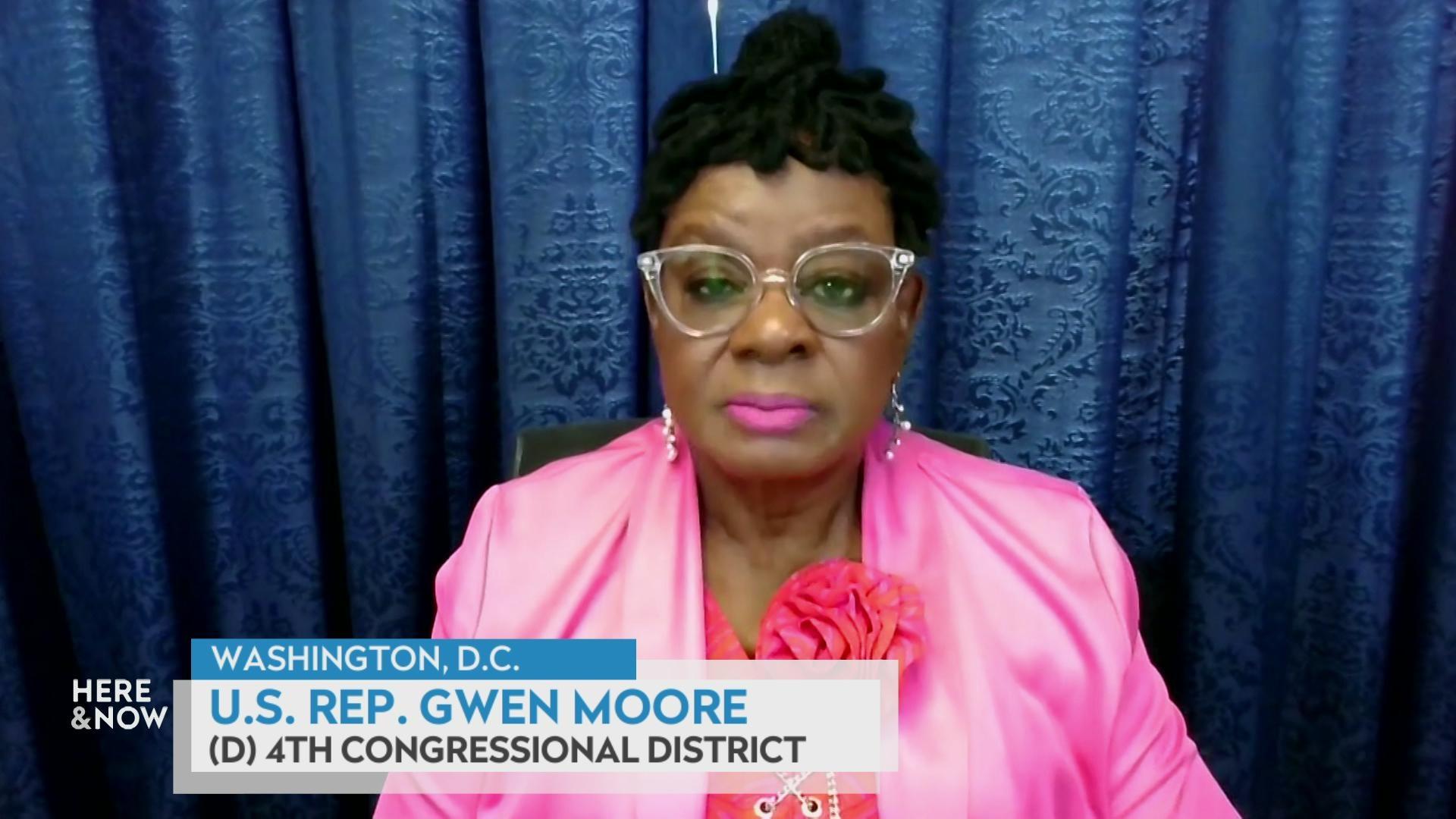
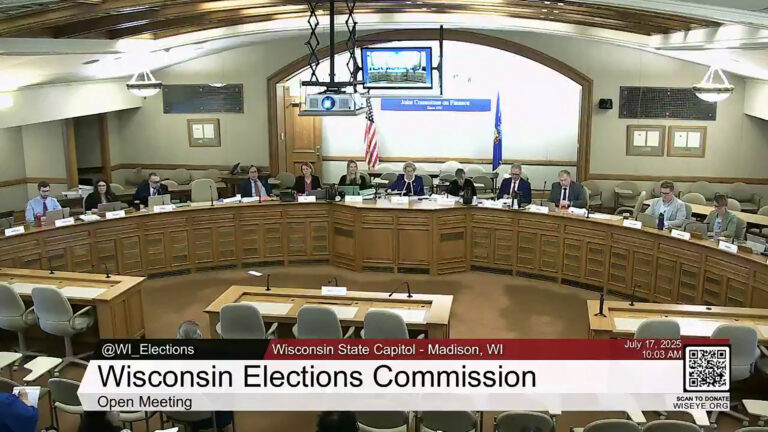
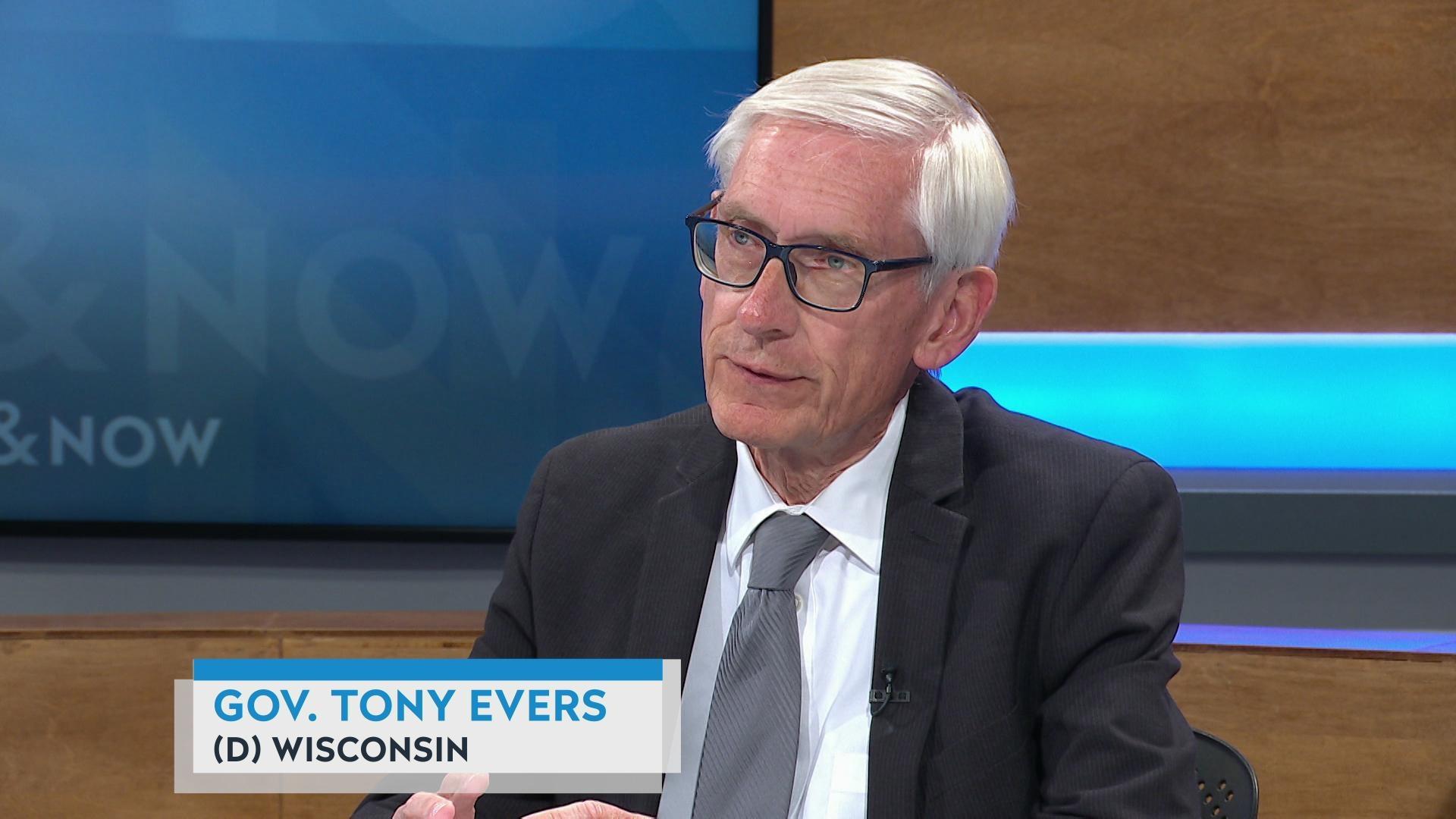
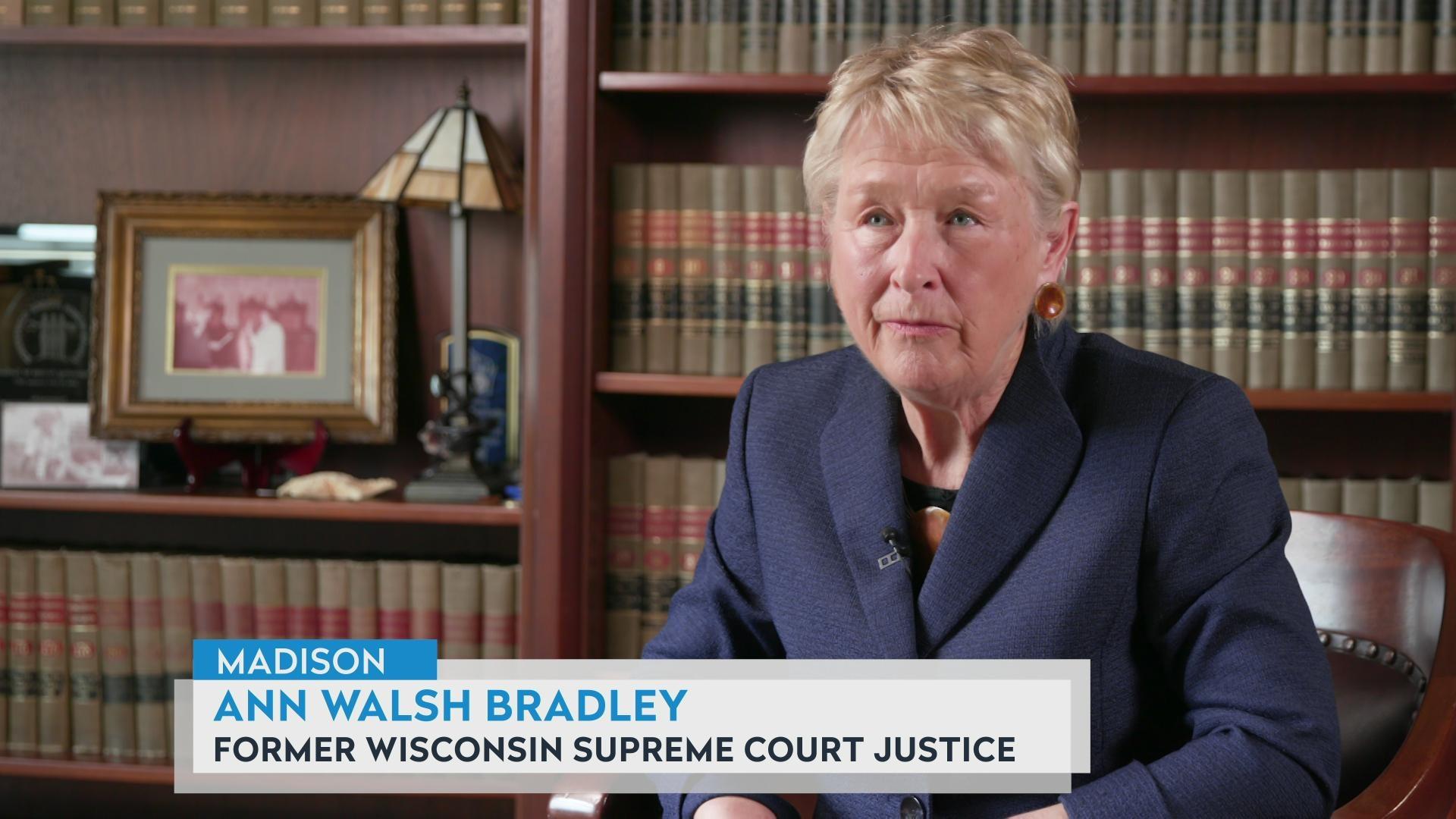


Follow Us